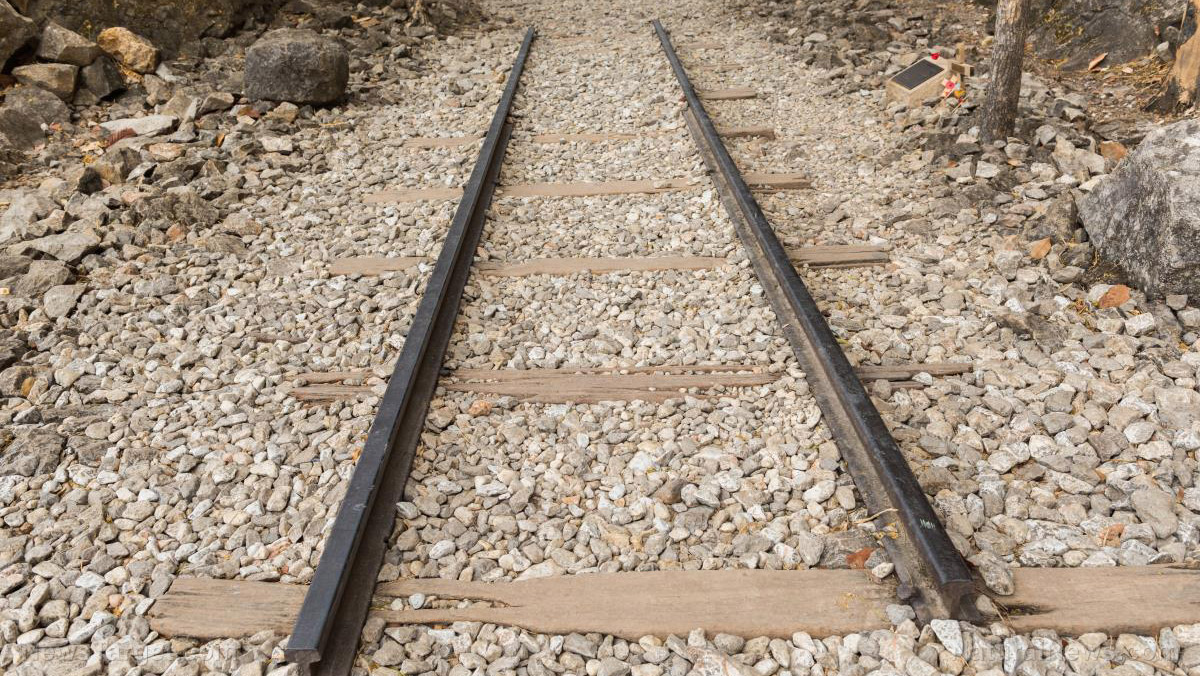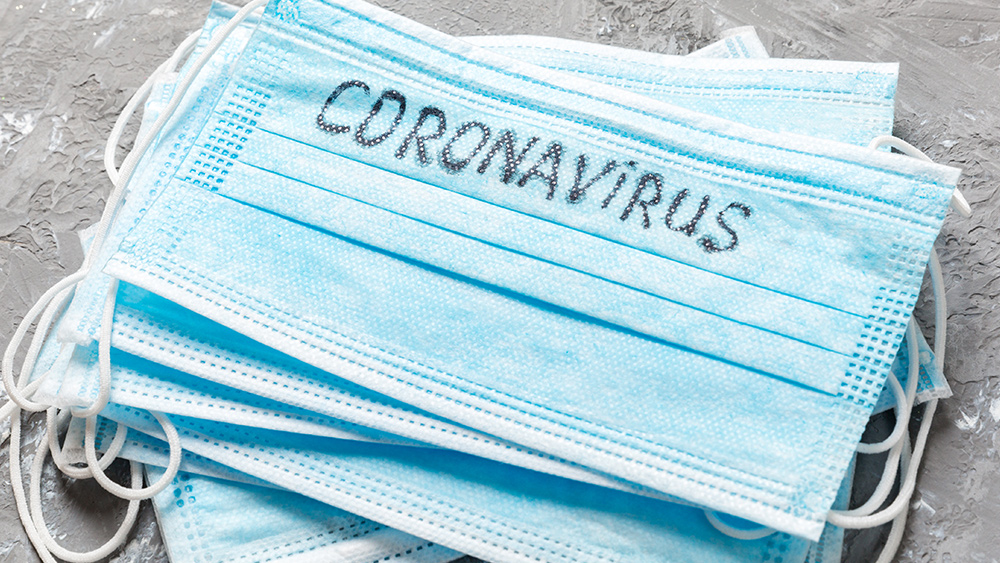
Advertisement
Over the weekend the world’s busiest airport suffered a small-scale disaster: Thousands of flights were canceled and tens of thousands of travelers were stranded — in the dark — for more than six hours after a fire shut down power to the Hartsfield-Jackson International Airport in Atlanta.
NBC News reported that while the fire and power outage happened on Sunday, canceled flights stretched into Monday, stranding passengers and ruining their holiday travel plans.
Late in the day on Sunday, however, nearly 1,200 flights had been canceled by airport officials, while another couple hundred were delayed.
“I want to express my sincere apologies to the thousands of passengers whose day has been disrupted in this manner,” Atlanta Mayor Kasim Reed said during a news conference. “We certainly understand that the outage has caused frustration and anger and we are doing everything that we can to get folks back home right away.”
As bad as that was, at least no one was killed. But the same could not be said of the Amtrak train derailment near Seattle on Monday, in which cars jumped the tracks and even landed on busy Interstate 5.
Amtrak 501 left Tacoma, Wash., shortly before 8 a.m. local time, as part of a new high-speed rail service that launched the same morning. While the train can carry as many as 250 people, just 78 or so were aboard when the crash occurred, leaving at least six people dead and a major highway blocked for hours.
Passenger Chris Karnes told local media KIRO that tracks for the high-speed service were supposed to have been upgraded, but he wasn’t sure that had occurred. CBS News reported that the tracks are not owned by Amtrak but are owned by a freight railroad firm.

That said, both incidents spurred President Donald J. Trump to remind Americans — and Congress — of his campaign pledge to substantially upgrade and improve our infrastructure.
“The train accident that just occured [sic] in DuPont, WA shows more than ever why our soon to be submitted infrastructure plan must be approved quickly,” Trump tweeted shortly after the accident was reported. “Seven trillion dollars spent in the Middle East while our roads, bridges, tunnels, railways (and more) crumble! Not for long!” he tweeted next, also adding that his “thoughts and prayers” were with all involved in the accident.
While the president might be a tad high in his estimate of the money spent on wars in Iraq and Afghanistan, primarily, other estimates range from $4 — $5 trillion, which is still a hefty sum, without question.
What’s more, even the lower figure of $4 trillion is about what one civil engineering association says is needed to repair, replace and upgrade everything from airports and train tracks to roads, bridges, highways, and the nation’s power grid. (Related: Why you can no longer put off prepping for hacks and takedowns of ALL U.S. infrastructure.)
So far, anyway, Trump has only proposed to spend a quarter of that — $1 trillion — to fix the country’s aging infrastructure, though clearly, that is a good start.
In its annual ‘report card’ for 2015, the American Society of Civil Engineers gave the nation’s infrastructure a “D+” overall.
“The grades in 2013 ranged from a high of B- for solid waste to a low of D- for inland waterways and levees,” the society wrote in its 2013 report. And while there have been some improvements in some areas, overall the infrastructure remains quite the mess.
In addition to funding for wars that never seem to end, taxpayers have also spent hundreds of billions to care for illegal aliens and their “chain migration” families. The White House said that passing out welfare and other benefits to extended family members of legal immigrants cost Americans $300 billion a year because most come with no skills and require public assistance and welfare to sustain themselves.
Foreign aid is also expensive, amounting to around $49 billion per year.
J.D. Heyes is also editor-in-chief of The National Sentinel.
Sources include:
Submit a correction >>
This article may contain statements that reflect the opinion of the author
Advertisement
Advertisements















